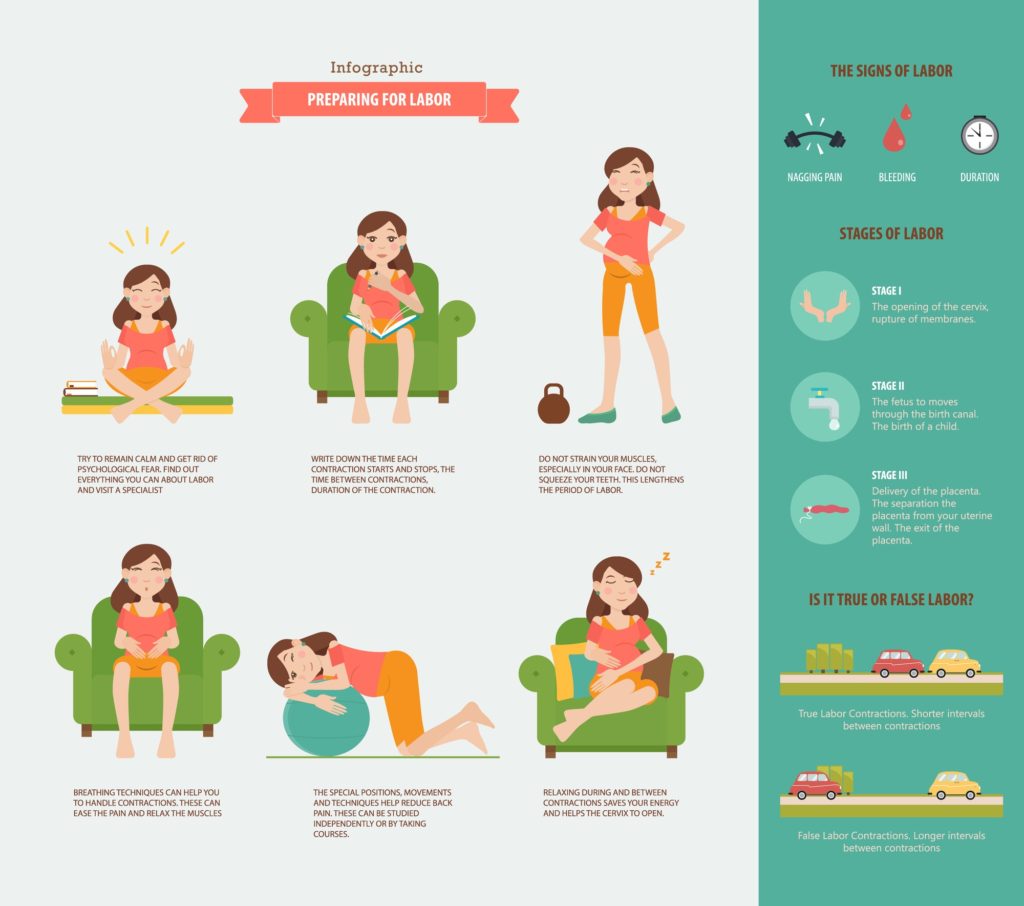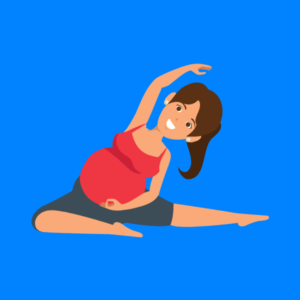Irregular periods
You have irregular periods if the length of your menstrual cycle (the gap between your periods starting) keeps changing. Your periods are considered irregular if your menstrual cycle is shorter or longer than average. This means that the time from the first day of your last period up to the start of your next period is less than 24 days or more than 38 days.
Your periods may come early or late.
The average menstrual cycle lasts 28 days, although it’s normal for it to be a bit shorter or longer than this.
After puberty, many women develop a regular cycle with a similar length of time between periods. But it’s not uncommon for it to vary by a few days each time.
Causes
There are many possible causes of irregular periods. Sometimes they may just be normal for you.
Common causes include:
- puberty – your periods might be irregular for the first year or two
- the start of the menopause (usually between the ages of 45 and 55)
- early pregnancy – take a pregnancy test to rule this out
- some types of hormonal contraception – such as the contraceptive pill or intrauterine system (IUS)
- extreme weight loss or weight gain, excessive exercise or stress
- medical conditions – such as polycystic ovary syndrome (PCOS) or a problem with your thyroid
When to see a GP
You don’t need to get medical advice if you have always had slightly irregular periods or you’re still going through puberty.
But see a GP if:
- your periods suddenly become irregular and you’re under 45
- you have periods more often than every 21 days or less often than every 35 days
- your periods last longer than 7 days
- there’s a big difference (at least 20 days) between your shortest and longest menstrual cycle
- you have irregular periods and you’re struggling to get pregnant
There might not be anything wrong, but it’s a good idea to get checked out to see what the cause might be.
You might be referred to a specialist called a gynaecologist if you need any tests or treatment.
Missing periods
The absence of menstrual periods before menopause is called amenorrhea.Most women have a period every 28 days or so, but it’s common to have a slightly shorter or longer cycle than this (from 21 to 40 days).Amenorrhea that is not caused by pregnancy or breastfeeding could mean that your ovaries stopped making normal amounts of the hormone estrogen. Missing this hormone can have serious effects on your health.
Reasons your period may stop
There are a number of reasons why your periods can stop. The most common reasons are:
- pregnancy
- stress
- sudden weight loss
- being overweight
- doing too much exercise
- taking the contraceptive pill
- the menopause
- polycystic ovary syndrome (PCOS)
Periods can also sometimes stop as a result of a medical condition, such as heart disease, uncontrolled diabetes, an overactive thyroid, or premature menopause.
When to call the doctor
- You have gone three months without a period and are not pregnant or breastfeeding.
- You have not gotten your period by age 15.
- You have not started your period within three years after breast growth began, or if breasts haven’t started to grow by age 13.
Heavy Bleeding
Some women naturally have heavier periods than others,If you have heavy bleeding, your periods may be so painful and heavy that you find it hard to do normal activities such as going to work or school.
Causes of heavy bleeding include:
- Problems with ovulation. In a normal menstrual cycle, your uterine lining builds up and thickens to prepare for pregnancy. If pregnancy does not happen, the uterine lining leaves your body during your period. If your hormones get out of balance or if you do not ovulate, the uterine lining can build up too much and bleed heavily and in an unpredictable pattern.
- Problems with the uterine lining. If your hormones or uterine lining get out of balance, the uterine lining can bleed too much. This can cause heavy bleeding as the lining is pushed out during the next menstrual period.
- Thyroid problems. Heavy bleeding can be a sign of hypothyroidism (hy-poh-THY-roi-diz-uhm), or underactive thyroid. Hypothyroidism happens when your thyroid does not make enough thyroid hormones.
- Uterine fibroids. Fibroids are made of muscle tissue that grows in or on the wall of the uterus. They are almost always not cancer. They can cause pain and heavy or irregular bleeding.
- Uterine polyps. Polyps are an overgrowth of the endometrial tissue that lines the inside of the uterine wall. They are usually small. They are usually not cancer but can cause heavy or long periods.
- Certain medicines. Some medicines, such as blood thinners, can cause heavy or long periods.
- Pregnancy problems. Unusual or not regular heavy bleeding can be caused by a miscarriage (an early pregnancy that ends) or an ectopic pregnancy. An ectopic pregnancy is when the fertilized egg implants outside of the uterus (womb) where it does not belong, putting a woman’s life in danger. Ectopic pregnancies can never end in a healthy pregnancy and are a medical emergency.
- PCOS, endometrial polyps, PIS.
- Obesity. The extra fat in the body makes the hormone estrogen. The extra estrogen changes the normal menstrual cycle and can cause missed, irregular, or heavy periods.
- Blood clotting disorders
- Hypothyrodism, Diabetes



